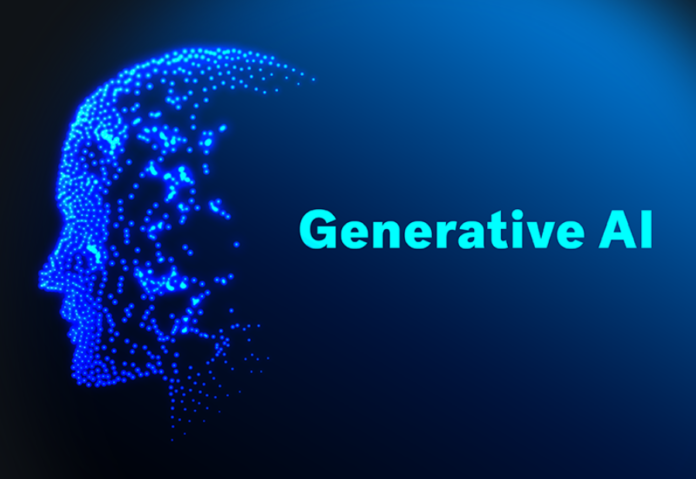China has imposed additional security measures on businesses that offer generative AI-powered services.
China has issued new security restrictions for enterprises providing generative AI-powered services, including a blacklist of sources that cannot be used to train AI models.
The success of OpenAI’s ChatGPT chatbot popularized generative AI, which understands how to take decisions based on prior data and creates new content such as text or graphics based on that training.
The National Information Security Standardization Committee, which includes representatives from the Cyberspace Administration of China (CAC), the Ministry of Industry and Information Technology, and the police, issued the requirements on Wednesday.
The committee advises that any body of content used to train public-facing generative AI models be subjected to a security evaluation, with those holding “more than 5% of illegal and harmful information” being banned.
This material includes “advocating terrorism” or violence, as well as “overthrowing the socialist system”, “damaging the country’s image”, and “undermining national unity and social stability”.
According to the draft guidelines, information restricted on the Chinese internet should not be utilized to train models.
Its release comes just over a month after regulators approved the public launch of numerous Chinese tech startups, including search engine giant Baidu’s generative AI-driven chatbots.
Since April, the CAC has stated that enterprises must submit security assessments to authorities before introducing AI-driven services to the public.
The internet regulator announced rules controlling such services in July, which analysts said were significantly less onerous than those presented in an April draft.
The draft security rules, which were released on Wednesday, require organizations that train these AI models to obtain the agreement of individuals whose private data, including biometric data, is utilized for training purposes.
They also provide extensive advice for avoiding intellectual property breaches.
Countries all across the world are debating how to set technological boundaries. China sees AI as an area in which it wants to compete with the United States, and it has set a goal of being a world leader in the field by 2030.
Also read: HR Tech Adoption in MSMEs: Challenges & Solutions
Do Follow: CIO News LinkedIn Account | CIO News Facebook | CIO News Youtube | CIO News Twitter
About us:
CIO News, a proprietary of Mercadeo, produces award-winning content and resources for IT leaders across any industry through print articles and recorded video interviews on topics in the technology sector such as Digital Transformation, Artificial Intelligence (AI), Machine Learning (ML), Cloud, Robotics, Cyber-security, Data, Analytics, SOC, SASE, among other technology topics.






